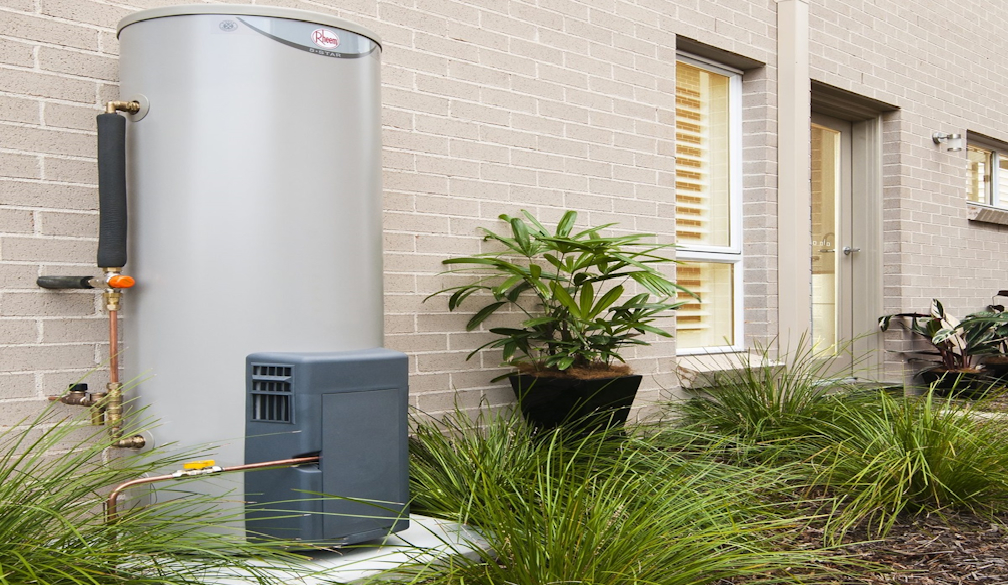Asian Young Scientist Fellowship Announces 2023 Fellow, 12 Early-Career Scientists from the Asian Region
- Written by Viw Magazine
HONG KONG SAR - Media OutReach - 9 May 2023 - The Asian Young Scientist Fellowship announces its inaugural Fellows for the year 2023. The Fellowship has selected a cohort of twelve exceptional early-career scientists from the Asian region based on their remarkable accomplishments in Life Science, Physical Science, and Mathematics and Computer Science, as well as their exceptional creativity and potential for future research endeavors.
The chosen Fellows have demonstrated their capacity to push the boundaries of scientific discovery and have displayed the potential to make significant contributions to their respective fields in the years to come.
The field of Life Science is characterized by an ongoing pursuit of innovative research that addresses various biological and medical challenges. In this context, four prominent young scientists, from mainland China, Japan, and Hong Kong S.A.R., have been selected to receive support for their respective research endeavors.

Peng Du, Peking University, China
Daishi Fujita, Institute for Integrated Cell-Material Sciences, Kyoto University, Japan
Takaaki Yasuhara, The University of Tokyo, Japan
Ho Ko, The Chinese University of Hong Kong, Hong Kong SAR, China
(left to right)
Dr. Peng Du's work focuses on generating totipotent cells capable of generating both embryonic and extra-embryonic tissues. This research is expected to contribute significantly to the advancement of the stem cell field, which holds immense potential for regenerative medicine and disease treatment. Dr. Daishi Fujita, on the other hand, will be exploring the application of his method of autonomous assembly of artificial structures to trap transiently interacting proteins or their active form for structural analysis. This research could provide valuable insights into the molecular mechanisms underlying protein-protein interactions, which play critical roles in various biological processes. Dr. Takaaki Yasuhara's research aims to define how, when, and where the first events of chromosomal translocations occur. This study has the potential to improve our understanding of the genetic basis of diseases such as cancer and could lead to the development of novel therapies for their treatment. Dr. Ho Ko's research is centered around targeting a brainstem-hypothalamus neural circuit to extend health span based on his pioneering work in uncovering the fundamental rules governing the functional organization of synaptic connections. This research could lead to new interventions that promote healthy aging, a critical goal in our society as the global population ages.
Physical Sciences comprises of a wide range of research that seeks to deepen our understanding of the natural world and provide insights that can be applied in engineering, medicine, and technology. Four distinguished young scientists from Hong Kong S.A.R., Mainland China, and Japan have been selected as recipients of the Fellowship.

Yi Yang, University of Hong Kong, China
Yue Gao, Fudan University, China
Tomoki Ozawa, Tohoku University, Japan
Huaxing Zhu, Zhejiang University, China
(left to right)
Dr. Yi Yang's research is primarily centered on optical physics and photonics. This research is expected to contribute to the development of a unified mesoscopic framework for nanoscale electromagnetic phenomena, which holds immense potential for exploring the light-matter interaction at interface. Dr. Yue Gao's research areas are energy storage and conversation, batteries, and organic materials. This research is expected to contribute to the field of electrochemical energy storage and explore in the development of organic materials for transformative energy storage systems. Dr. Tomoki Ozawa's research areas are condensed matter theory, atomic molecular and optical physics, and topological insulators, which has a great deal of potential for the direction of many-body physics in synthetic and tunable AMO platforms. This research is expected to contribute to the topological states in photonics crystals with synthetic dimensions. Dr. Huaxing Zhu's research areas are the theoretical high energy physics that has the potential to contribute to the application of quantum field theory in high energy collider physics. This could lead to the exploration of first-principle quantum field theory operator algebra, precision quantum chromodynamics phenomenology, and high precision data from LHC experiments.
The domain of Mathematics and Computer Science consists of research that is vital in advancing our understanding of nature and our physical world and developing new theories and technologies that transform our daily lives. Two young scientists from Singapore and Korea in the Mathematics field and two young scientists from Hong Kong SAR and Singapore in the Computer Science field are selected as the recipients of the Fellowship due to their merits and scientific prospects.

Yao Yao, National University of Singapore, Singapore
Kyeongsu Choi, Korea Institute for Advanced Study (KIAS), Korea
Hao Chen, The Hong Kong University of Science and Technology, Hong Kong SAR., China
(left to right)
In Mathematics, Dr. Yao Yao's research mainly revolving around the particle differential equations, fluid dynamics, and mathematical biology. This research is expected to contribute to modern applied analysis and continually discover in addressing challenging questions that arise in fluid mechanics and mathematical biology. Dr. Kyeongsu Choi conducts research in geometric analysis that has been selected as a prominent candidate for his research on the classification of ancient solutions to geometric flows. This research has enormous potential to advance the understanding of singularities for geometric flows.
In Computer Science, Dr. Hao Chen engages the research of trustworthy artificial intelligence, medical image analysis, deep learning, and healthcare. This research has the potential to contribute to the development of medical imaging and analysis techniques using machine learning. This could lead to the exploration of trustworthy AI technologies for medical imaging and analysis. Dr. Reza Shokri's research are centered on data protection and privacy, as well as trustworthy machine learning. This research has the potential to contribute to the algorithmic foundations of data protection and privacy, which could pave the way for the development of privacy protection mechanisms at scale and the design of trustworthy and privacy-preserving algorithms for decision-making.
Asian Young Science Fellowship (AYSF) is a privately funded research fellowship in the Asian region. It was launched in 2022 to encourage and support young scientists in Asia to conduct creative and transformative research, as well as providing long-term support to talented scientists at the early stage of their careers. Eligible candidates must be within 10 years post-completion of the terminal (Ph.D./MD) degree and have a full-time position at universities and academic research institutions. Furthermore, AYSF aims to create a community that promotes explorative thinking, cross-disciplinary collaboration, international exchanges, and mentorship.
The Selection Committee, comprised of highly regarded and esteemed scientists from Asia and the global scientific community, facilitates the process of recognizing outstanding researchers for their research potential. Candidates for the Fellowship are identified through nominations by deans and heads of the department at universities and research institutes across Asia. Candidates are then required to submit an application to participate in a rigorous reviewing process. Professor Hong Wu at Peking University, Professor Hong Ding at Shanghai Jiao Tong University, and Professor Katsushi Ikeuchi at the University of Tokyo respectively chaired the committee in Life Science, Physical Science, and Mathematics & Computer Science during the selection process of the 2023 Fellows.
Each fellow in AYSF will receive $100,000 USD over a two-year term to be spent on expenses supportive of their research. The funding is supported by individual donors who are leading venture capitalists in Asia. The initiation of the Fellowship is a pioneering effort to accelerate the advancement of science through philanthropy.
These twelve fellows will gather in Hong Kong on 16 October 2023 at the Asian Young Scientist Fellowship Annual Conference to introduce their research work in length to a public-oriented audience. The close workshops will be held for young scientists to discuss solutions of big issues about facing humanity jointly with world-renowned scientists.
For more information about the 2023 Fellows and the Annual Conference will be updated on the Asian Young Scientist Fellowship official website (www.aysfellowship.org).Hashtag: #AYSF #Science
The issuer is solely responsible for the content of this announcement.




